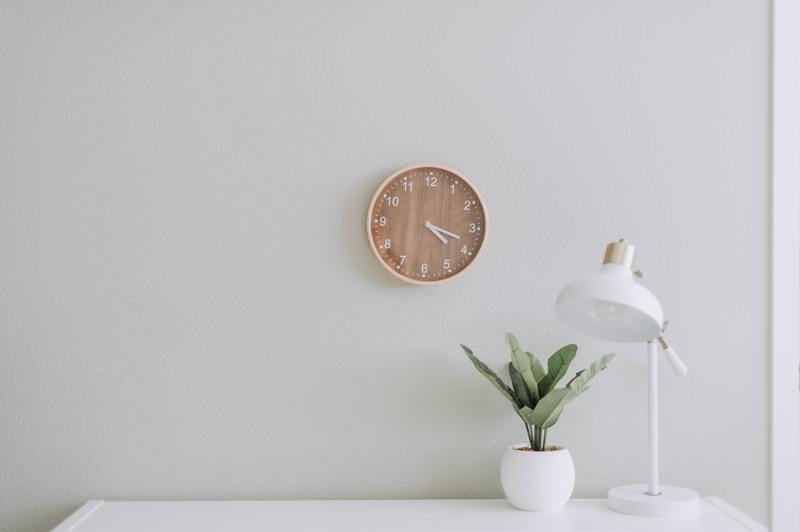There are different reasons for what causes mildew smell in walls, but mostly the moisture is left untreated. A musty, stale odor can be exceedingly upsetting and challenging to remove.
A musty smell in walls can imply the early stages of a mildew problem, especially in the restroom or bedrooms. But if you’ve investigated your rooms extensively for obvious evidence of mold leaks and found none, there could be other causes for the musty smell in your home.

Why Does My Walls Smell Like Mildew All Of A Sudden?
Mold may infest the walls. Moisture and stagnant air are essential for the growth of fungi.
You will almost certainly resolve your issue once you identify and address any sources of excess moisture. You may have to replace some walls shortly.
The wet soil in the crawlspace can signify inadequate ventilation and a drainage issue. Placing a drainage system is the solution to this problem.
In other cases, if you notice that the space is dry, it means that a roof leak or gaps around door and window frames have likely caused the mildew smell.
How To Know If There Is Mildew In My Walls?
The scent may be originating from the wall cavities, possibly from insulation shoved into the walls. Some of the warm, high humidity air passing through these holes may be condensing on a cold surface, increasing the moisture content just enough to enable mildew growth there.
The first thing you should do is check to see any dampness in the walls. There are two methods for accomplishing this.
You can engage an expert to use a sensor to examine the walls to catch any moisture.
To check for mold on the backside, you can remove some of the wall’s plasterboard. Mold and humid conditions indicate that you may need to replace the gypsum board and perhaps a few timber frames.
Water from a leakage will be visible at the bottom of the wall because pressure pulls moisture downward.
If mildew or water damage is noticeable, it means the building’s exterior is damaged. You must stop the issue before you can replace the wall.
Take a look at the entire structure, beginning with the roof. Some of the most common sources of leaks on roofs include damaged upper-level shingles, fittings surrounding the fireplace, and places all around the gutter and the eaves and columns.
Water may be seeping into cracks around windows and doors, even though the roof is in good shape. You should check the caulk in these locations for quality.
Moisture probably is to blame for the stench coming from the walls. Consider locating all areas of your walls for any hidden water damage.
How To Prevent Mildew Smell?
1. Keep an eye out for moisture
Keeping an eye on their home’s humidity might help homeowners and renters catch mildew odors early on before they become a significant problem. It will help if you turn on exhaust fans while you take a shower, and places should be kept dry.
2. Open all openings
Turn on any fans and open any openings with screens to allow fresh air to circulate the house. However, keep an eye out for any insects that may enter.
3. Replace the air filter of your humidifier
A clean air filter can capture airborne particles that cause the scent of an old house. A dehumidifier is an excellent investment since it will help maintain your percent humidity level in control.
Replace the air filter in any HVAC equipment you now use (furnace, stand-alone HEPA filter), and plan to do so regularly. Dehumidifiers are pretty helpful because they remove the moisture that leads to mold and mildew and their awful smell.
4. Fix any leaks
Mold and mildew can grow in damp areas of your home. Property repair, such as repairing the roof, covering the windows and doors, and repairing the pipes that have burst, can have an enormous impact on the value of your home.
Here’s an additional guide on how to prevent mold after a leak.
5. Take advantage of sunnier days
Take advantage of the warmer climate, too. Keep your windows open, dust out your carpets, and clean the flooring on hot days if possible.
How Does Mildew Affect Health?
Mold and mildew allergens produce toxic and irritating compounds. It is possible to develop an allergy to mold spores by breathing or touching them.
It includes a stuffy nose or red eyes, and itchy skin. Asthma episodes triggered by mold are also possible.
Indoor moisture and mildew are to blame for a significant fraction of asthma episodes worldwide. In addition to an increased risk of respiratory problems and asthma, those who live in moldy or damp environments are more likely to suffer from anxiety.
Conclusion
Now that you know what causes mildew smell in walls, it’s better to follow the prevention steps. Avoid them as soon as possible, and make sure you ask for assistance.
For additional help with walls, here’s how to find mold in walls.
